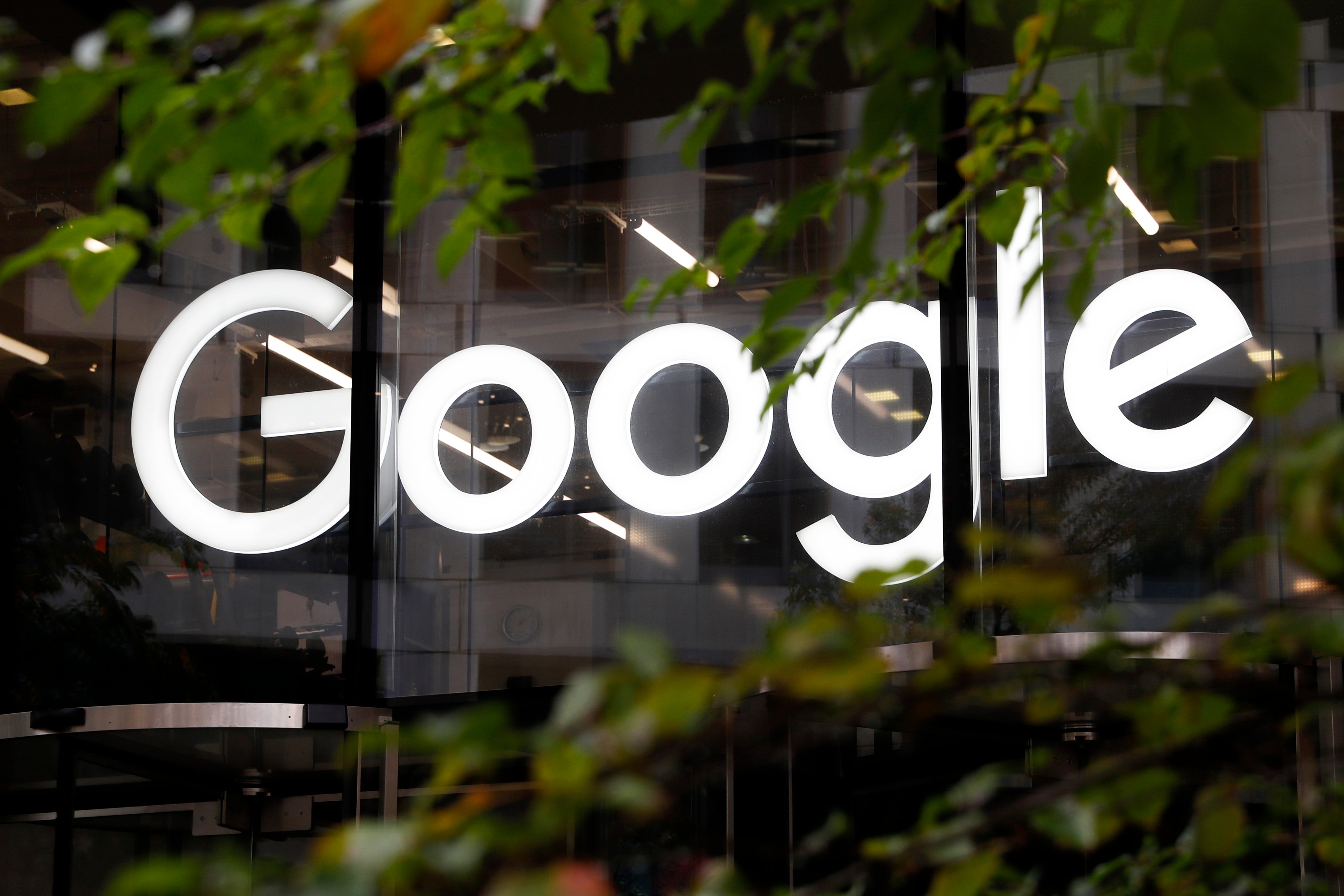Google's artificially intelligent 'Bard' set for next stage
Google has announced it’s allowing more people to interact with “Bard."

Your support helps us to tell the story
From reproductive rights to climate change to Big Tech, The Independent is on the ground when the story is developing. Whether it's investigating the financials of Elon Musk's pro-Trump PAC or producing our latest documentary, 'The A Word', which shines a light on the American women fighting for reproductive rights, we know how important it is to parse out the facts from the messaging.
At such a critical moment in US history, we need reporters on the ground. Your donation allows us to keep sending journalists to speak to both sides of the story.
The Independent is trusted by Americans across the entire political spectrum. And unlike many other quality news outlets, we choose not to lock Americans out of our reporting and analysis with paywalls. We believe quality journalism should be available to everyone, paid for by those who can afford it.
Your support makes all the difference.Google announced Tuesday it's allowing more people to interact with “ Bard,” the artificially intelligent chatbot the company is building to counter Microsoft's early lead in a pivotal battleground of technology.
In Bard's next stage, Google is opening a waitlist to use an AI tool that's similar to the ChatGPT technology Microsoft began deploying in its Bing search engine to much fanfare last month. And last week, Microsoft embedded more AI-powered technology in its word processing, spreadsheet and slide presentation programs with a new feature called Copilot.
Until now, Bard had only been available to a small group of “trusted testers” hand-picked by Google. The Mountain View, California, company, which is owned by Alphabet Inc., isn't saying how many people will be given access to Bard in the next step of the technology's development. Initial applicants will be limited to the U.S. and the U.K. before Google offers Bard in more countries.
Google is treading carefully with the rollout of its AI tools, in part because it has more to lose if the technology spits out inaccurate information or takes its users down dark corridors. That's because Google's dominant search engine has become a de facto gateway to the internet for billions of people, raising the risk of a massive backlash that could tarnish its image and undercut its ad-driven business if the technology behaves badly.
Despite the technology's pitfalls, Bard still offers “incredible benefits” such as “jumpstarting human productivity, creativity and curiosity,” Google said in a blog post that two of its vice presidents — Sissie Hsiao and Eli Collins — wrote with assistance from Bard.
As a precautionary measure, Google is limiting the amount of interaction that can occur between Bard and its users — a tactic Microsoft has imposed with ChatGPT after media coverage detailed instances when the technology likened an Associated Press reporter to Hitler and tried to persuade a New York Times reporter to divorce his wife.
Google also is providing access to Bard through a separate site from its search engine, which serves as the foundation for the digital ads that generate most of its profits. In a tacit acknowledgement that Bard may be prone to straying into manufacturing falsehoods, which are being called “hallucinations” in technology circles, Google is providing a query box connected to its search engine to make it easier for users to check on the accuracy of the information being displayed by the AI.
Bard made an embarrassing blunder shortly after Google unveiled the tool by prominently displaying a wrong answer about a scientific milestone during a presentation that was supposed to show how smart the technology could be. The gaffe contributed to a nearly 8% drop in Alphabet's stock in a single day, wiping out about $100 billion in shareholder wealth and underscoring how closely investors are watching how Google handles the transition to AI.